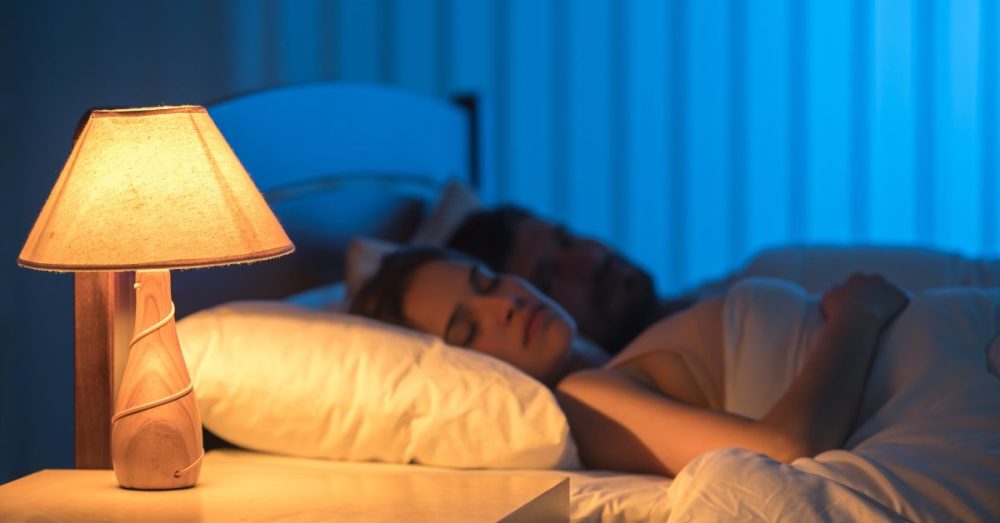Inconsistent sleep at night could lead to a higher risk of type 2 diabetes, a recent study found.
Type 2 diabetes occurs when the body no longer properly regulates and uses sugar as a fuel. This can lead to a person’s blood sugar rising to dangerously high levels, which, over time, can present a significant health risk. This incurable disease can be kept at bay through diet, exercise, and medication.
Since type 2 diabetes is an acquired problem, older adults are most at risk. However, due to rising obesity rates, increasingly more children and young adults are being diagnosed with it. Obesity has long been considered a significant risk factor for type 2 diabetes.
However, being overweight isn’t the only potential driver of type 2 diabetes, as the recent study on inconsistent sleep shows.
Now, another study has come out that also focuses on our nighttime activity and its connection to an increased risk of developing diabetes.
Medical News Today reports on how reducing exposure to light at night may be a simple way to cut a person’s risk of diabetes. Here’s the start of the story:
Over the last few years, research has shown that exposure to bright light at night has the potential to affect a person’s health negatively.
For example, numerous studies have examined the potential link between exposure to nighttime light and diabetes risk. A study published in November 2022 found that exposure to outdoor artificial light at night may increase a person’s risk of developing diabetes. Meanwhile, research published in March 2023 indicated that exposure to any type of light while sleeping can heighten a person’s risk for diabetes, obesity, and high blood pressure in those of older age.
Now, researchers from Flinders University in Australia further confirm a possible correlation between bright light exposure at night and a higher risk of developing type 2 diabetes.
In a study recently published in the journal The Lancet Regional Health – Europe, scientists report that avoiding bright light at night may be a cheap and easy way to possibly delay or prevent the development of type 2 diabetes.


